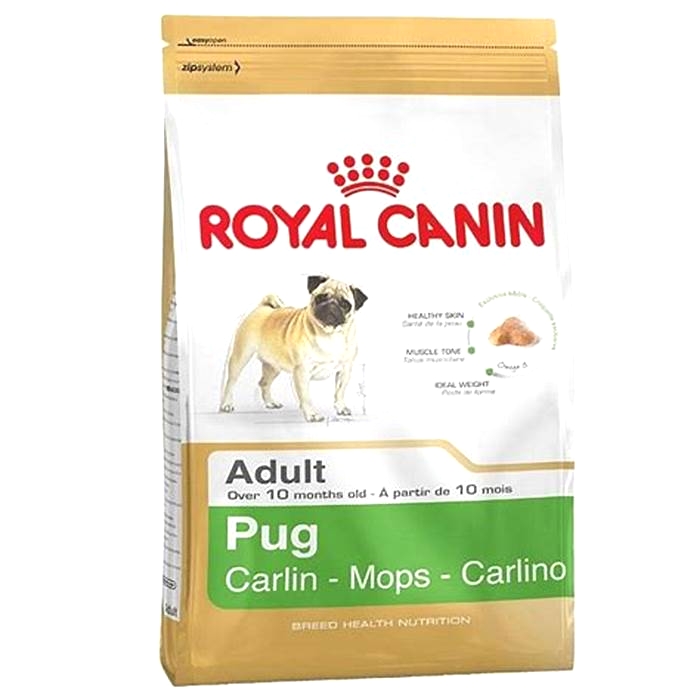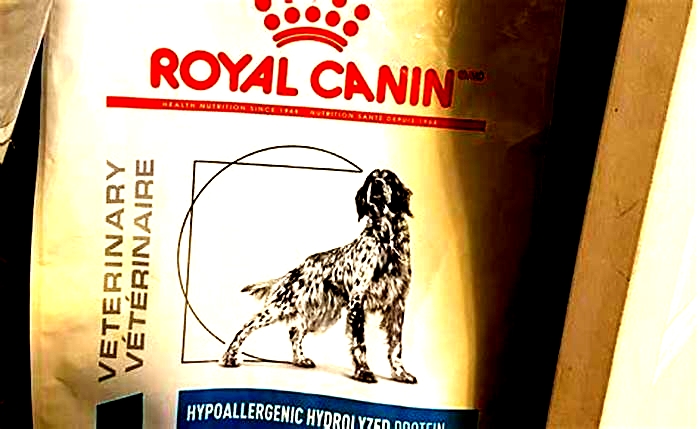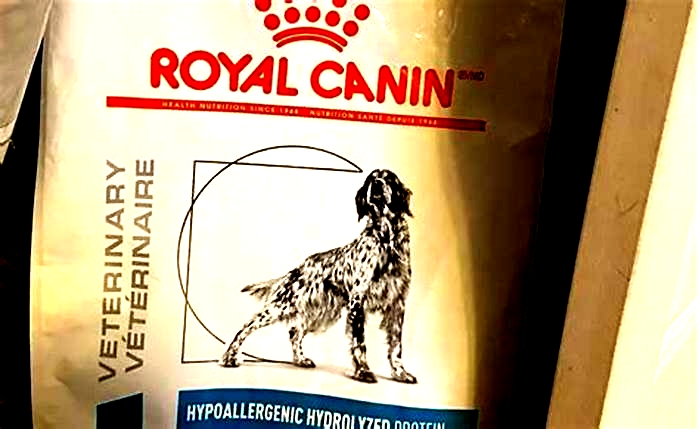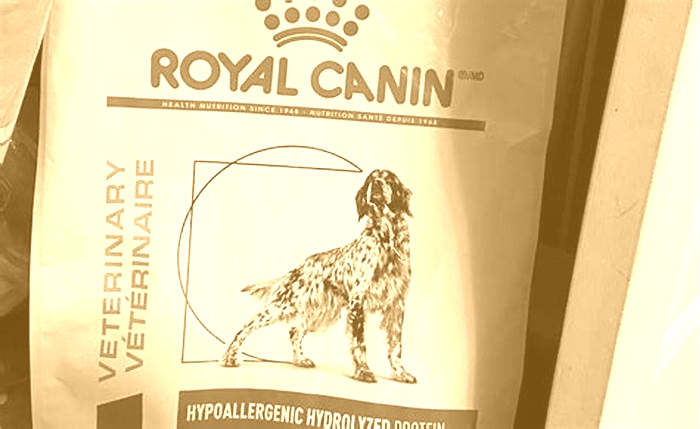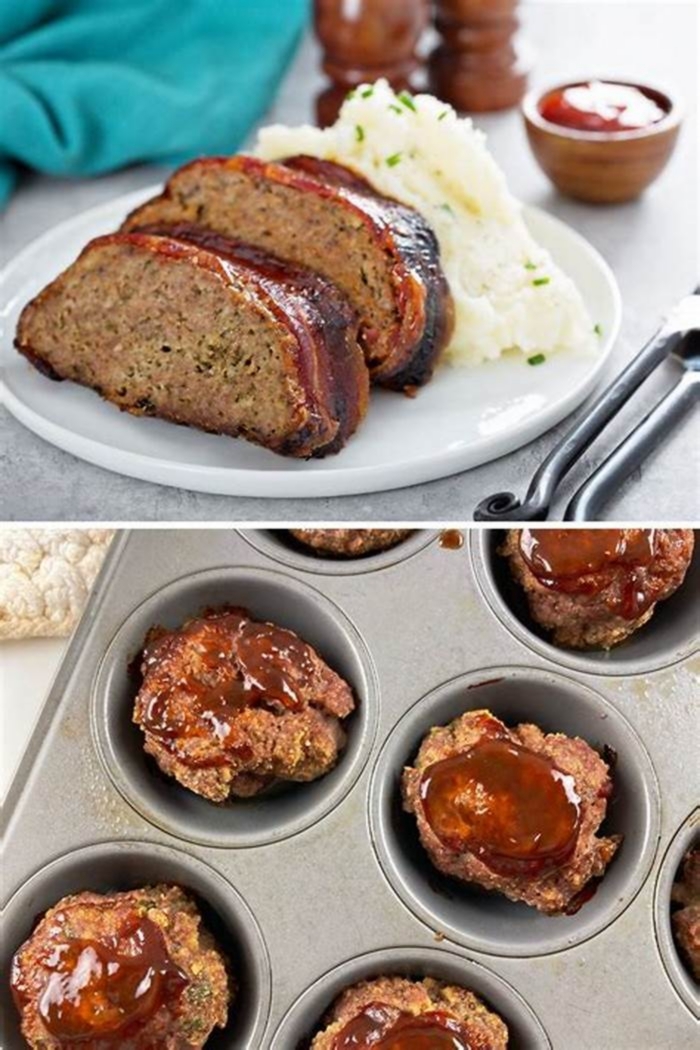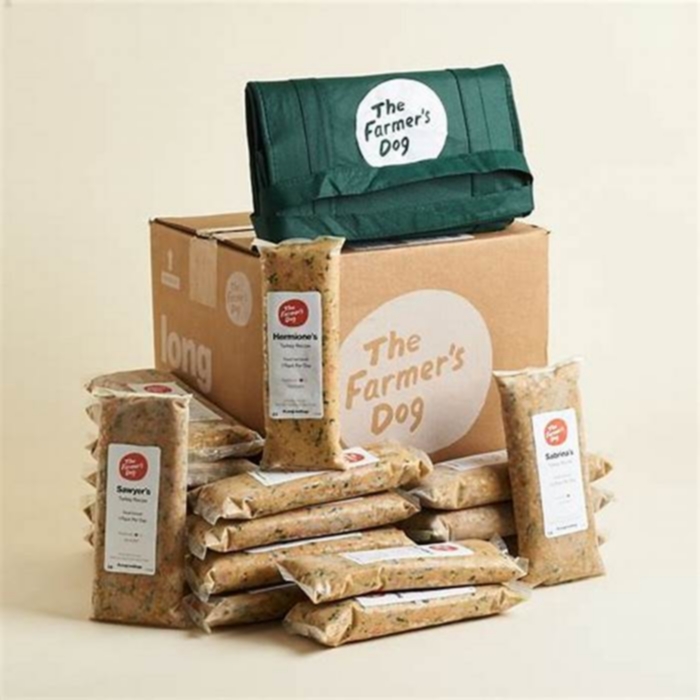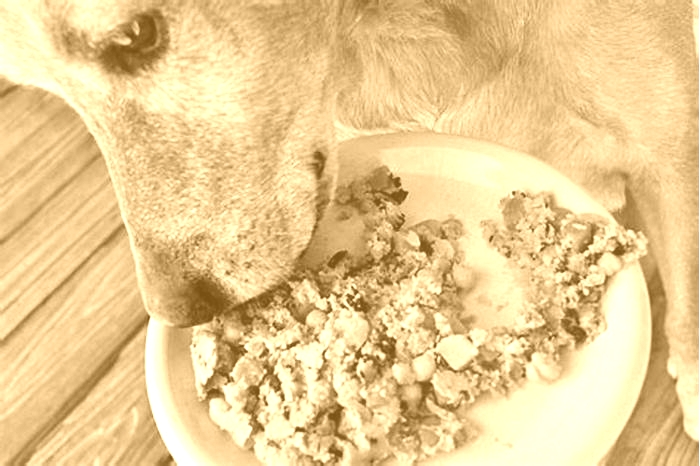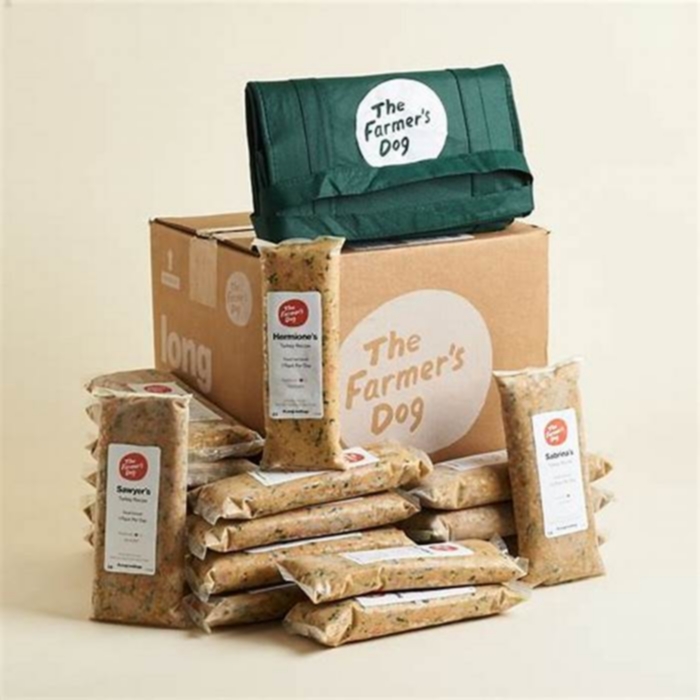Why do vets love Royal Canin
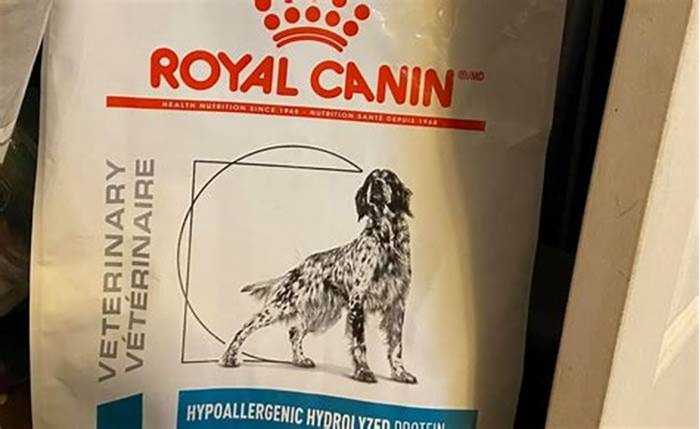
Why Do Vets Recommend Royal Canin?
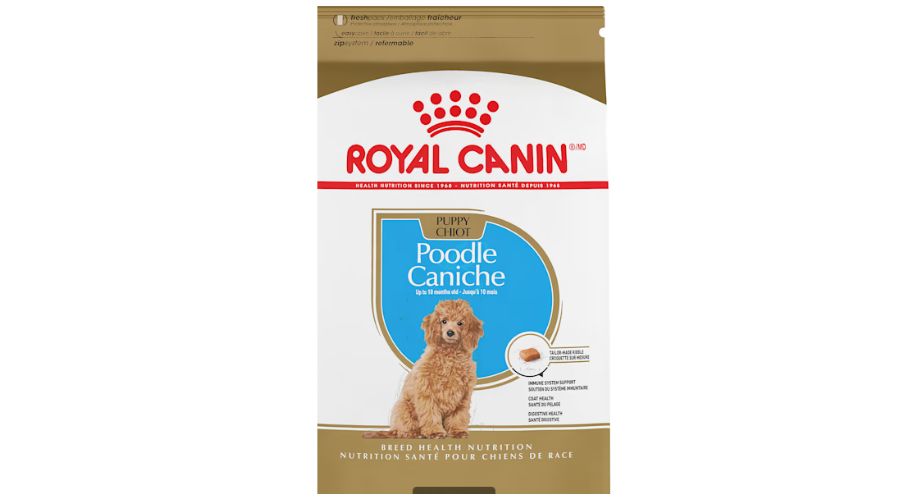
Royal Canin is a brand of pet food that is often recommended by veterinarians.
There are several reasons why vets may recommend this brand:
- Nutritional benefits: Royal Canin foods are formulated to meet the specific needs of different pets, based on size, age, breed, and more. They are highly digestible, which means pets can absorb more of the nutrients they need.
- Quality ingredients: Royal Canin only accepts ingredients from validated suppliers who undergo regular, comprehensive audits. They choose their ingredients first and foremost according to their nutritional benefits, and evaluate their nutrient quality and digestibility, how they are processed, and their safety for pets.
- Veterinary support: Royal Canin has a team of over 400 veterinarians, nutritionists, and behaviorists from around the world who work together to develop their products1.They also offer feeding programs and technical support to veterinary professionals.
- AAFCO feeding trials: Foods that have gone through AAFCO feeding trials are considered the best. Royal Canin is one of the brands that has gone through these trials, which test the foods nutritional adequacy.
Please note that not all veterinarians recommend Royal Canin, and there are other high-quality pet food brands available.
Some people have criticized Royal Canin for using controversial ingredients such as maize (corn) and hydrolyzed animal protein.
However, the brand has a wide variety of products to choose from, so pet owners can find a formula that works for their pets specific needs1
So in short, vets may recommend Royal Canin because of its nutritional benefits, quality ingredients, veterinary support, and AAFCO feeding trials.
But make sure you do your own research and consult with your veterinarian to determine the best food for your pet.
How does Royal Canin ensure the quality of their ingredients
Royal Canin ensures the quality of their ingredients through a series of strict measures and processes. These include:
- Fully traceable ingredients: 100% of incoming raw materials are analyzed, and a sample of each is kept for two years. This allows Royal Canin to trace every raw material back to its origin for the full duration of the products shelf life.
- Rigorous raw ingredient inspection: Royal Canin enforces rigid safety and quality standards at each step of production, from raw ingredient inspection to product shipment.
- Nutrient-first approach: Royal Canin evaluates all ingredients based on their nutrient quality, digestibility, processing, and safety for pets. This ensures that only high-quality ingredients are selected for their products.
- Global buying procedures: Specialist buyers worldwide use the same selection and purchasing processes for raw materials, ensuring consistent high nutritional standards across all products.
- Quality raw materials: Royal Canin chooses ingredients based on their high nutritional content and the health benefits they deliver to pets. They make efforts to source raw materials from accredited suppliers close to their production centers, which supports local economies, ensures freshness, and reduces their carbon footprint1.
- Consistent manufacturing processes: All Royal Canin factories follow the same gold standard processes for raw materials, manufacturing, quality, and food safety, ensuring safe and high-quality products worldwide.
- Testing: Royal Canin conducts testing on incoming ingredients as well as finished products to validate nutrient composition, vitamin, and mineral components5.
- Quality control: Royal Canin prides itself on quality control, using methods such as special testing magnets and metal detectors to ensure there are no metal fragments in the kibble.
By implementing these measures, Royal Canin is committed to delivering safe, high-quality, and nutritionally balanced pet food products.
Royal Canin Veterinary Gastrointestinal Low Fat Dry Dog Food
Pet Food Nutritional Information
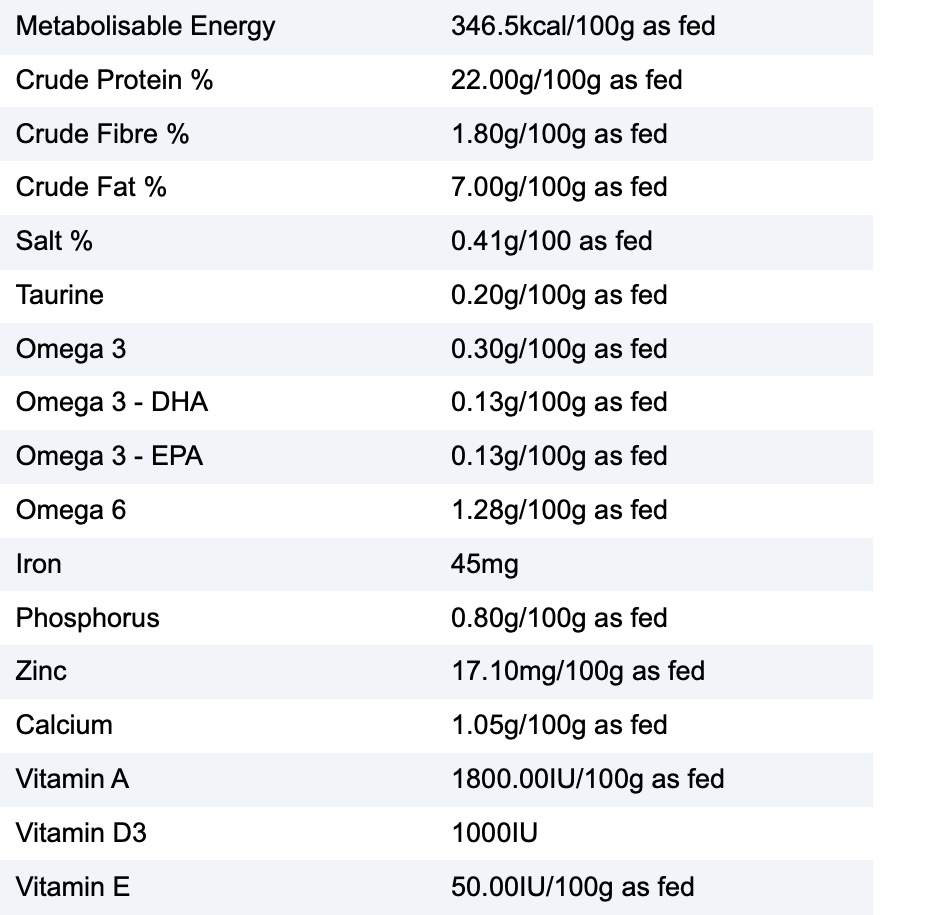
Typical Composition
Rice, dehydrated poultry protein, wheat, barley, hydrolysed animal proteins, beet pulp, animal fats, minerals, yeasts products, fish oil, mono - and diglycerides of palmitic and stearic acids esterified with citric acid, psyllium husks and seeds, fructo-oligosaccharides (0.48%), hydrolysed yeast (source of mannan-oligosaccharides) (0.19%), marigold extract (source of lutein).
Feeding Instructions
To optimise digestion, the recommended daily intake should be divided into several small meals.
Feeding/Dispensing Guide

Product Recommendation
Diarrhoea Acute and chronic pancreatitis Hyperlipidemia Lymphangiectasia Gastritis, oesophagitis Exocrine Pancreatic Insufficiency (EPI)
Product Not Recommended For
Growth, gestation and lactation
Ingredients
Rice, dehydrated poultry protein, wheat, barley, hydrolysed animal proteins, beet pulp, animal fats, minerals, yeasts products, fish oil, mono - and diglycerides of palmitic and stearic acids esterified with citric acid, psyllium husks and seeds, fructo-oligosaccharides (0.48%), hydrolysed yeast (source of mannan-oligosaccharides) (0.19%), marigold extract (source of lutein). Nutritional additives*: Vitamin A: 16500 IU, Vitamin D3: 1000 IU, Iron: 45 mg, Iodine: 4.5 mg, Copper: 14 mg, Manganese: 58 mg, Zinc: 135 mg, Selenium: 0.08 mg - Technological additives: Clinoptilolite of sedimentary origin: 5 g - Preservatives - Antioxidants. *Values reflect only levels added to the formula, not those naturally occurring in components of the diet.
Why do vets recommend Hills and Royal Canin?
Why do pet review websites rate Hills and Royal Canin products poorly, but vets recommend them highly?
Read on, and Ill enlighten you somewhat
Take a look at the ingredients on any bag of Hills Prescription or Science Diet dry food. Youll see theyre mostly grains wheat, sorghum, corn, rice. Youll find much more grain in these products than meat. Dogs are essentially carnivores, cats are obligate carnivores. They depend on the highly bio available essential amino acids in meat to retain optimal health.
Cats are classified as hypercarnivores, requiring at least 70% meat in their diet (according to Wikipedia). These foods can contain over 70% grain.
Its not rocket science.
Feeding your pets excessive grains baked into a kibble is far from optimal, dont you think?
So why on earth do vets recommend these products?
Heres a reason -> VETS HAVE SEEN THESE PRODUCTS WORK!
Yep, thats true. Many vets see an improvement in pet health when they are transitioned to Hills products. Pretty convincing evidence, wouldnt you agree?
But its a glaring oversight.
Let me explain
Most kibble is absolute rubbish. Junk food. Convenience products designed for profit. Sadly business is business, and if these manufacturers put your pets before profit theyll never succeed. Thats the fundamental reason why most dog foods are unhealthy.
Unfortunately for our pets most people dont realise how bad some of these products are, and they feed them continuously to the pets they love. Every. Single. Day.
Millions of dogs are fed poor quality kibble and consequentially their health suffers over time. Obesity, diabetes, arthritis, heart disease, kidney disease, IBS, allergies, and so forth, can all be caused by bad diet. Hills have an answer for all these conditions marketed as an expensive premium or prescription diets. So do Royal Canin.
You see, if you feed your dog junk food and then replace it with something marginally better, youll likely see an improvement. Its not miraculous, and it doesnt mean the expensive premium/prescription diet is healthy or optimal. Its just (arguably) somewhat better.
In many cases a prescription food is tailored to reducing the symptoms of the specific condition. For example, a kidney diet has reduced phosphorous (and more often than not less meat). A weight loss diet will have lower fat (by reducing meat and increasing grains/legumes). They convince us theyre optimal when theyre not. A dog or cat suffering kidney problems shouldnt be fed a dry food, period. An overweight dog is likely overweight because the previous diet was high in carbs and grains their bodies were unable to process. In cases such as this, reducing their meat intake definitely isnt the optimal solution. A diet with lacklustre meat will likely lead to other health issues over time, even on expensive self-labelled premium diets. Most of the time the deteriorating health of our pets (especially pets with a health condition) is attributed to the worsening of the condition or just old age. Diet is so often overlooked as the cause of an initial health condition, and also the cause of subsequent health conditions while the pet is on the premium/prescription food.
Its one of the reasons toothpaste and shampoo company Colgate-Palmolive (makers of Hills) and confectionery company Mars (makers of Royal Canin) make an absolute killing out of expensive premium and prescription diets regardless of whether theyre optimal or not.
So whats the solution? There arent any other commercial prescription diets available as only the big manufacturers have the clout to produce and sell them. But what you can do is *think* and *research*.
If your pet has allergies, perhaps consider what the allergy actually is (grains, meat..?). If theyre obese perhaps try a product with more meat and less carbs. If they have a health condition, investigate what their dietary requirements really are, and even if you stick with the prescription food you can supplement it with healthy, nutritious, fresh ingredients.
Royal Canin Veterinary Urinary S/O Dry Dog Food
Pet Food Nutritional Information
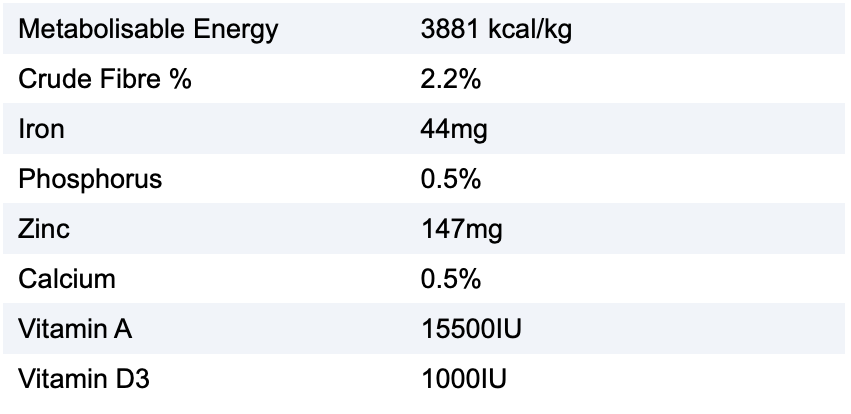
Typical Composition
Analytical Constituents: Protein: 18.0% - Fat: 17.0% - Crude ash: 6.4% - Sodium: 1.1% - Chloride: 2.14% - Potassium: 0.8% - Magnesium: 0.04% - Sulphur: 0.5% - Urine acidifying substances: calcium sulphate (0.88%) - DL methionine (0.6%) - EPA and DHA: 0.21% Additives (per kg): E2 (Iodine): 4.4 mg, E4 (Copper): 13 mg, E5 (Manganese): 57 mg, E8 (Selenium): 0.06 mg
Feeding Instructions
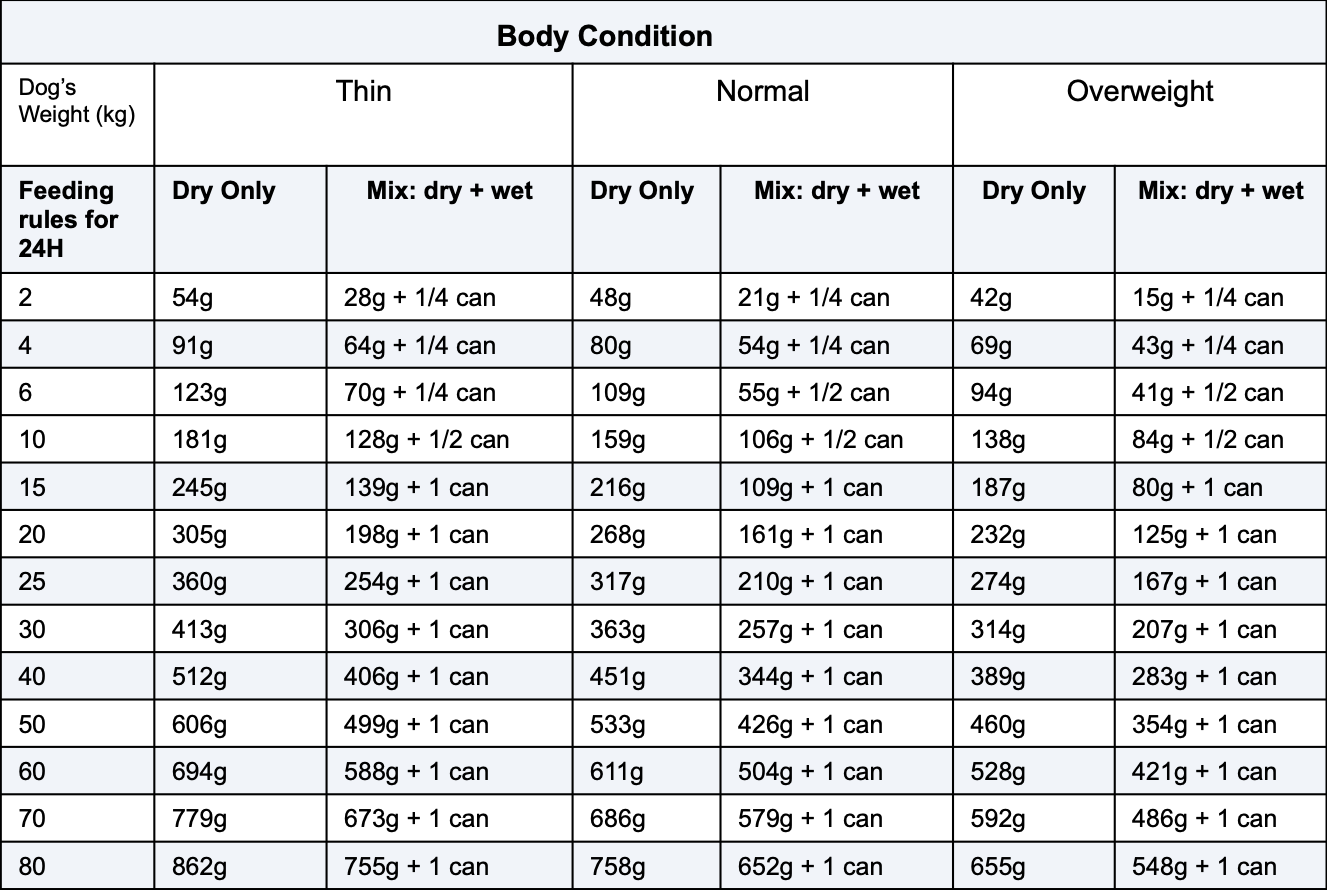
Product Recommendation
Recommended for (indications): - Bacterial cystitis - Dissolution of struvite uroliths - Management of recurrent struvite and calcium oxalate urolithiasis - In older dogs: renal function should be checked before Urinary S/O Canine is prescribed
Product Not Recommended For
Pregnancy, lactation and growth Chronic renal failure Heart failure Hypertension Use of urine acidifying drugs Pancreatitis or a history of pancreatitis (canine) Hyperlipidaemia (canine)
Ingredients
Maize flour, rice, animal fats, dehydrated poultry protein, maize gluten, minerals, hydrolysed animal proteins, vegetable fibres, soya oil, fish oil, fructo-oligosaccharides, mono and diglycerides of palmitic and stearic acids esterified with citric acid, marigold extract (source of lutein). Preservatives - Antioxidants
Royal Canin Veterinary Diabetic Dry Dog Food
Lifestage
Adult
Clinically Proven
Yes
Pet Food Nutritional Information
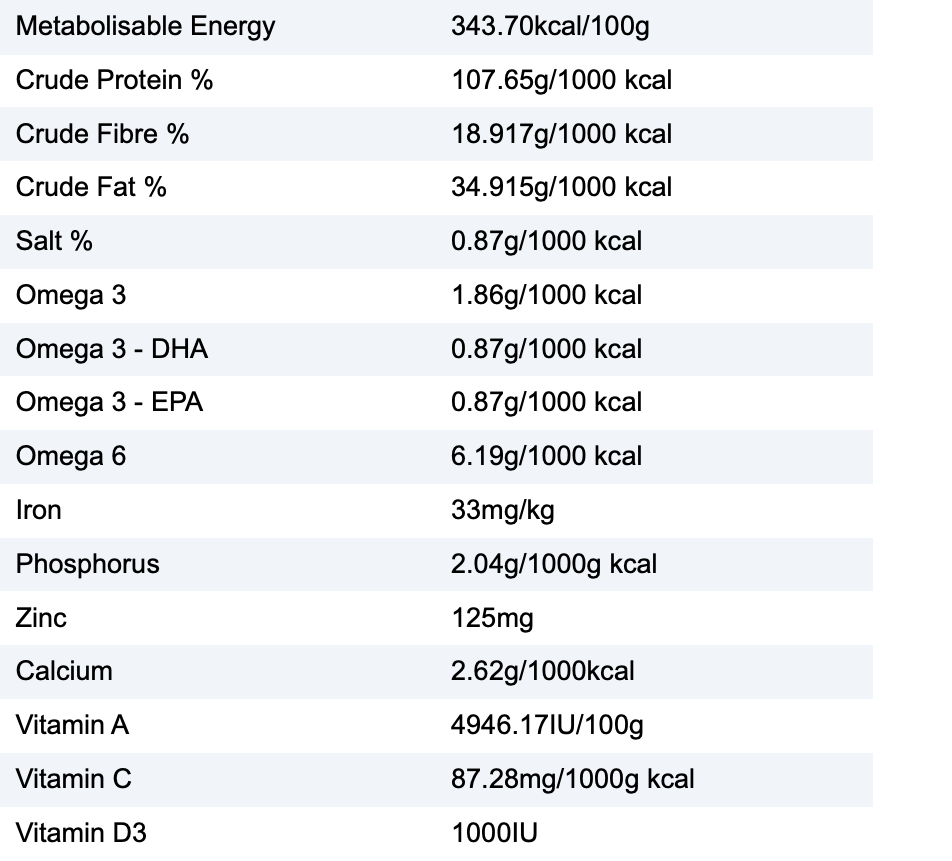
Typical Composition
Dehydrated poultry protein, barley, hydrolysed animal proteins, wheat gluten**, maize gluten, vegetable fibres, animal fats, beet pulp, manioc (tapioca), fish oil, psyllium husks and seeds, fructo-oligosaccharides, minerals, marigold meal. ** L.I.P. (Low Indigestible Protein): protein selected because of its very high digestibility Royal Canin take pride in ensuring the scientific reliability of all product information. All information included was true and accurate at the time of publication.
Feeding Instructions
See table. Weight shown in the table is the target body weight. Diabetic is recommended for all newly diagnosed cases of Diabetes Mellitus until control of clinical signs have been achieved. After that, nutritional management should be guided by the body condition score*. BCS 6 or less: continue Diabetic. BCS 7-8-9: transition to Satiety Weight Management. Note: the use of this food may affect the dogs sensitivity to insulin. It is highly recommended that blood glucose and insulin response are monitored when starting or changing the diet so that insulin dosage can be adapted. *The diabetic patient should be regularly assessed for concurrent disease. If indicated, the nutritional management has to be revised.
Feeding/Dispensing Guide
Dry Feeding:
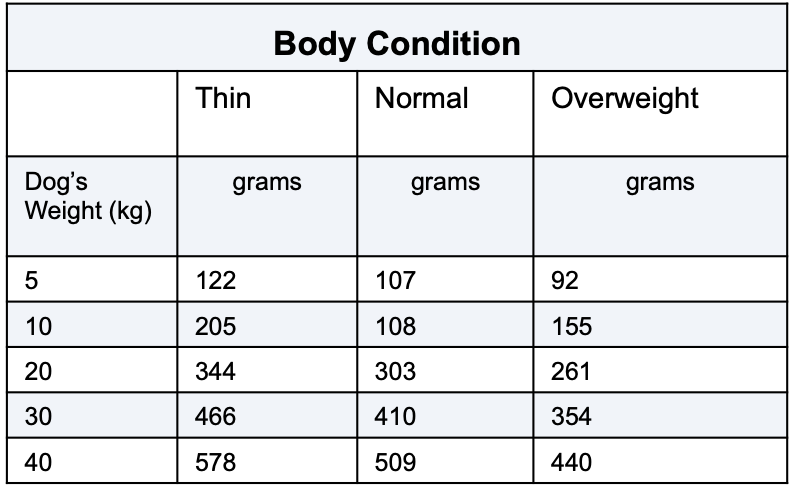
Mix Feeding:
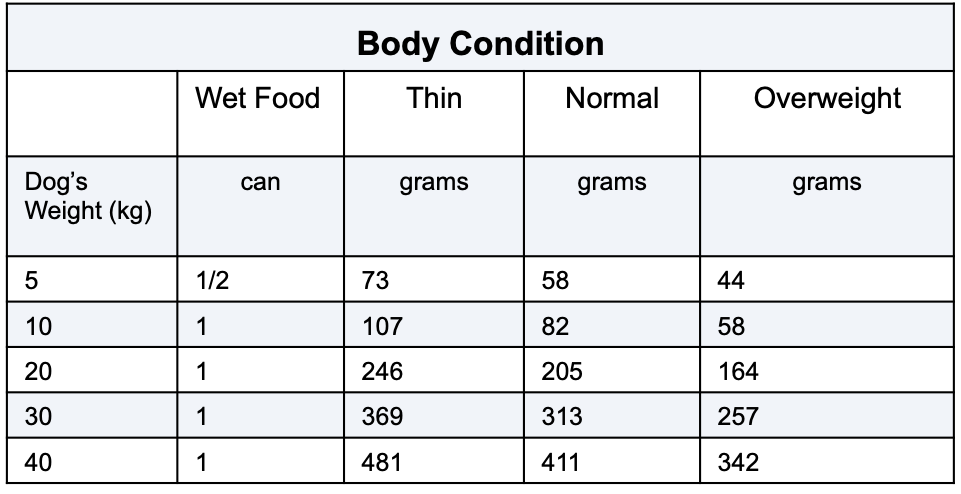
Best mix feeding with: Diabetic Special Low Carbohydrate Loaf can 410g. 11g = 1/8 + Water 23g = 2/8 + Water 34g = 3/8 + Water 46g = 4/8 + Water 57g = 5/8 + Water 69g = 6/8 + Water 80g = 7/8 + Water 92g = 8/8 + Water In the management of Diabetes mellitus, it is recommended to keep the type of food and daily rationing as consitent as possible. Please ask your veterinarian for advice.
Product Recommendation
Diabetic is recommended for all newly diagnosed cases of Diabetes Mellitus until control of clinical signs have been achieved. After that, nutritional management should be guided by the body condition score*. BCS 6 or less: continue Diabetic. BCS 7-8-9: transition to Satiety Weight Management. Note: the use of this food may affect the dogs sensitivity to insulin. It is highly recommended that blood glucose and insulin response are monitored when starting or changing the diet so that insulin dosage can be adapted. *The diabetic patient should be regularly assessed for concurrent disease. If indicated, the nutritional management has to be revised.
Product Not Recommended For
Growth, gestation & lactation.
Ingredients
Composition Dehydrated poultry protein, barley, hydrolysed animal proteins, wheat gluten**, maize gluten, vegetable fibres, animal fats, beet pulp, manioc (tapioca), fish oil, psyllium husks and seeds, fructo-oligosaccharides, minerals, marigold meal. ** L.I.P. (Low Indigestible Protein): protein selected because of its very high digestibility. Additives (KG)*** Nutritional additives: Vitamin A: 15500 IU, Vitamin D3: 1000 IU, Iron: 33 mg, Iodine: 3.4 mg, Copper: 10 mg, Manganese: 43 mg, Zinc: 125 mg, Selenium: 0.05 mg - Preservatives - Antioxidants. ***Values reflect only levels added to the formula, not those naturally occurring in components of the diet. ROYAL CANIN take pride in ensuring the scientific reliability of all product information. All information included was true and accurate at the time of publication.

